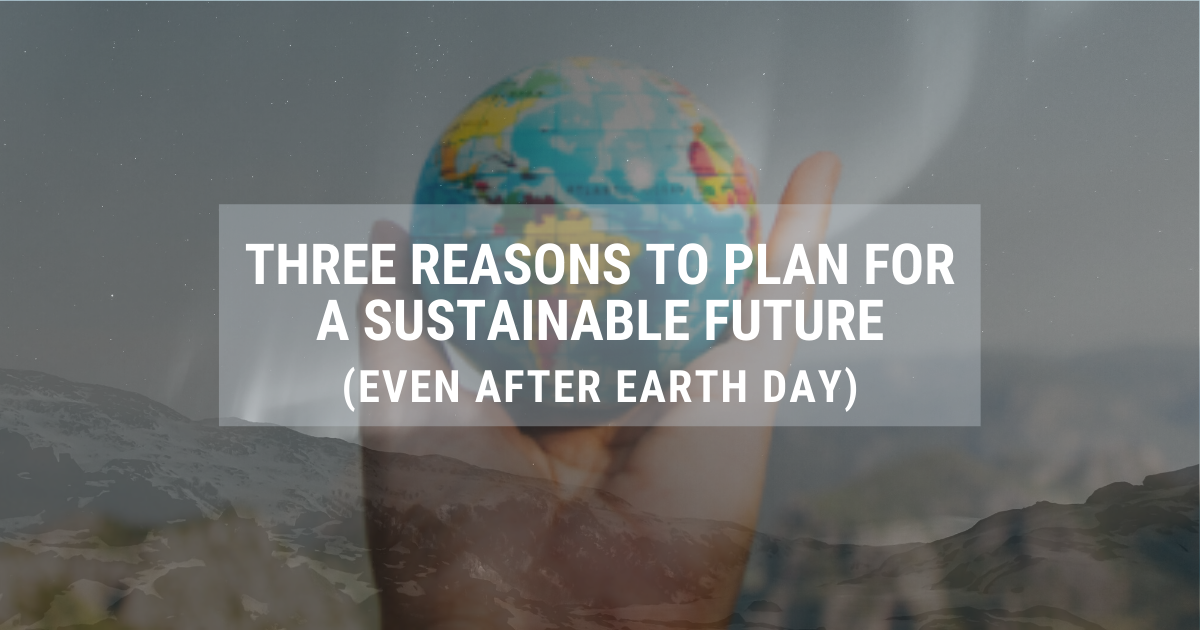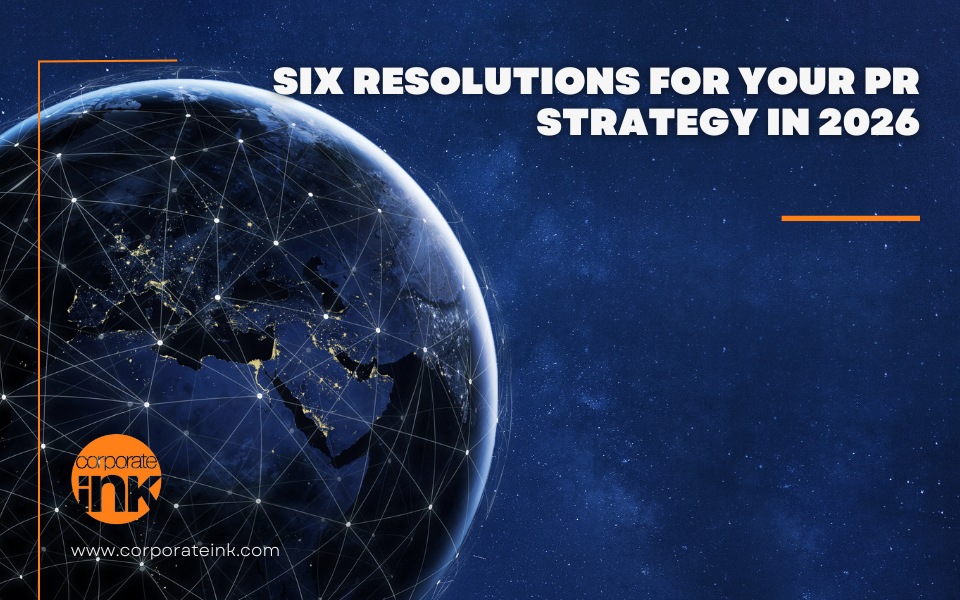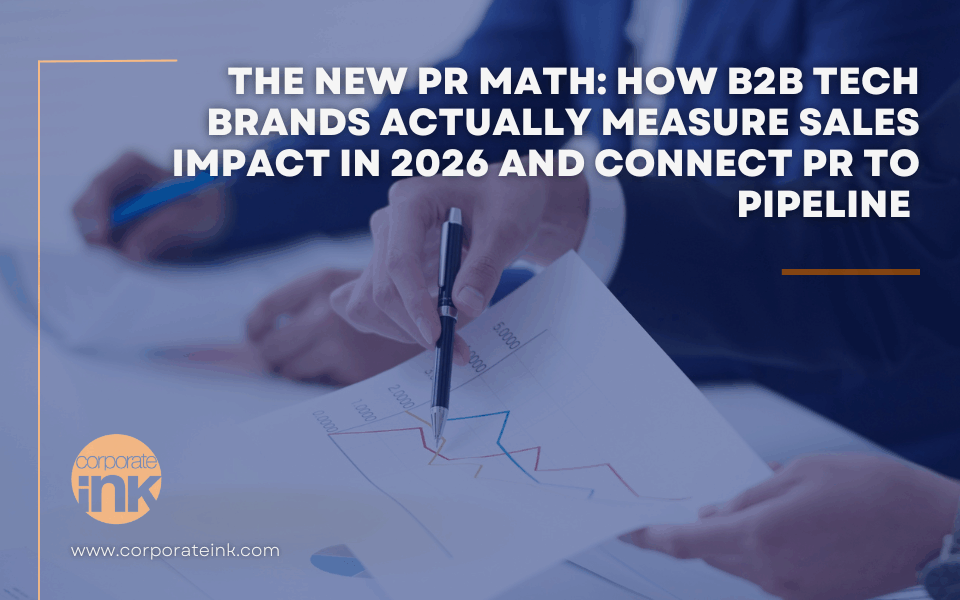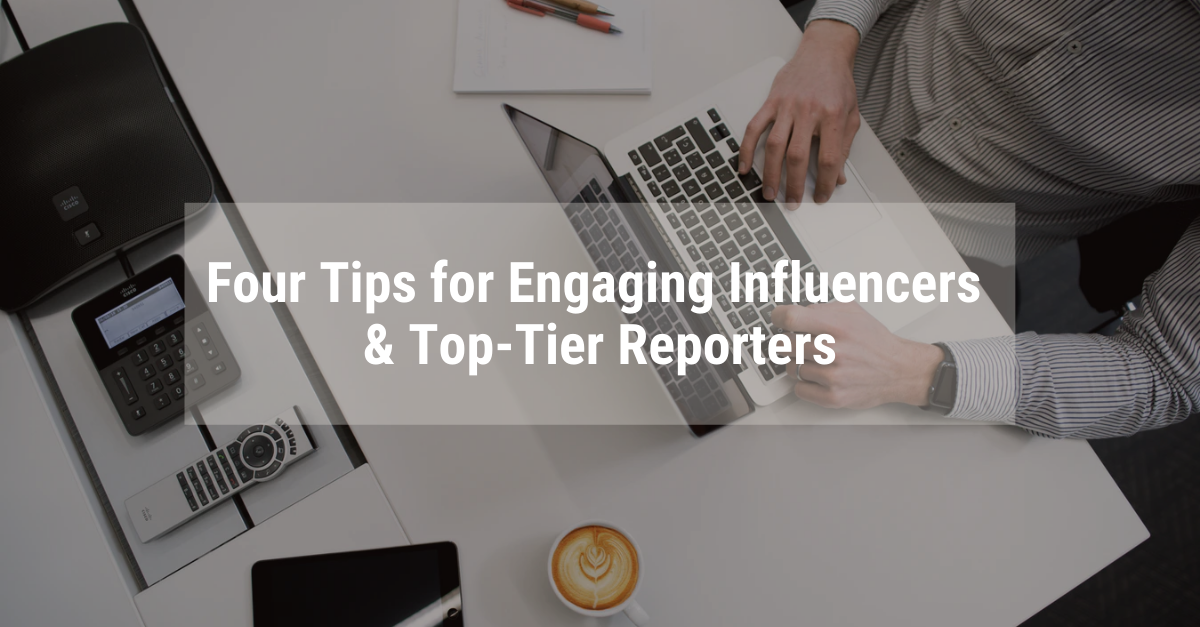
Four tips for engaging influencers & top-tier reporters
April 20, 2020
Going Virtual: How to Shift Your In-Person Event Marketing Strategy
May 13, 2020Three Reasons to Plan for a Sustainable Future (Even After Earth Day)
With so much on our minds lately, it’s important to take some time to stop and smell the roses. Although every part of our lives has been impacted in some way, the environment is proof that’s not always a bad thing. In many areas, air pollution is the lowest it’s been in decades. So, while stay-at-home restrictions may keep us from exploring the great outdoors this Earth Day, we can use this time to prepare for a more sustainable future.
If clearer skies aren’t convincing enough, here are three more reasons to address sustainability in your business plan today:
1. Consumers care. A lot.
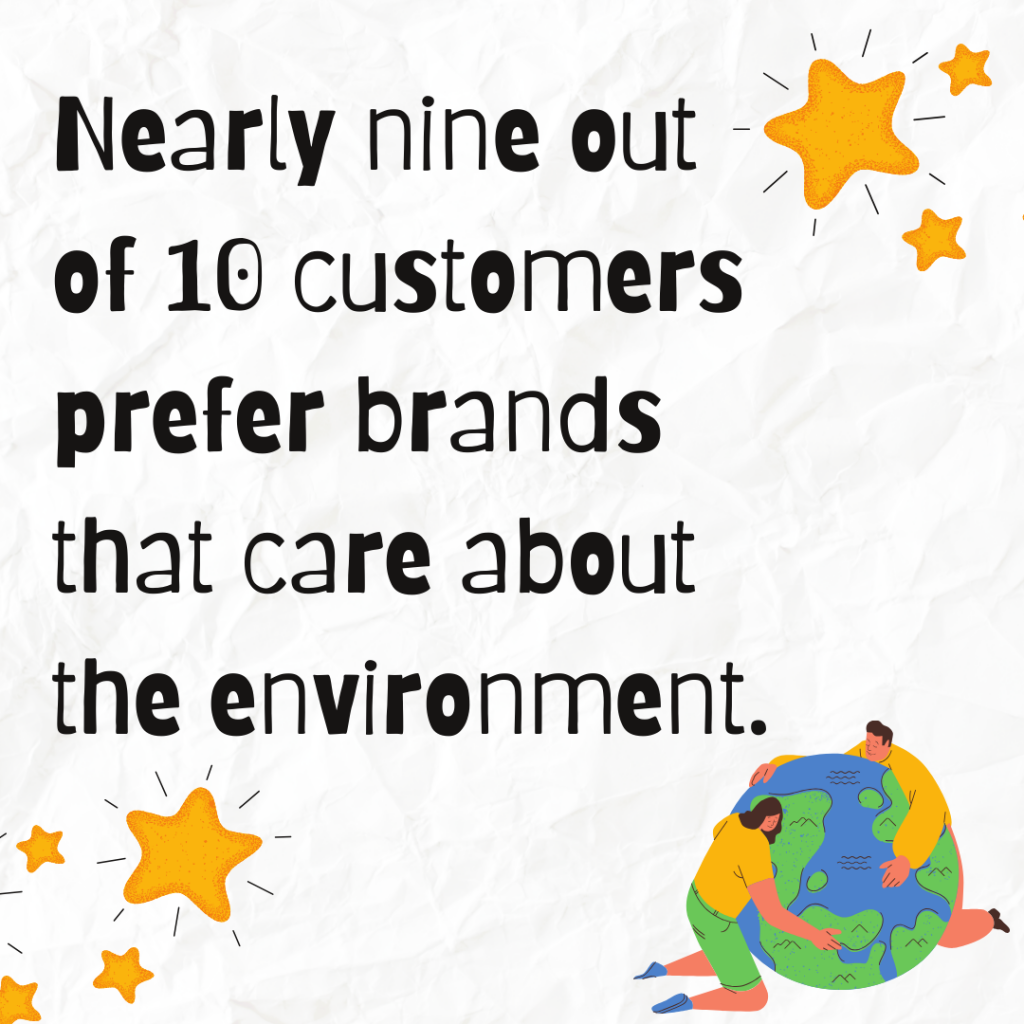
Nearly nine out of 10 consumers have a more positive image and are more loyal to companies that support social or environmental issues.
Still, change is not as simple in some industries as it is in others. In some cases, drawing attention to sustainability concerns may even hurt business. No one knows that better than the aviation industry, which accounts for 2.4% of global CO2 emissions. But, as client Riskonnect expertly puts it, brand inauthenticity is facing the same level of scrutiny as certain reputational events—and organizations that aren’t “walking the walk” are losing business. That’s why airlines like KLM are taking their message direct to consumers, making noise with bold campaigns like their June 2019 “Fly Responsibly” ads, essentially requesting travelers to fly less. It’s the exact initiative and responsibility today’s consumers expect from the brands they choose to do business with. And they’re not the only ones.
2. Investors, analysts and research firms are judging you on it.
As climate conversations and risk management move up the executive agenda, resiliency has become a new risk and investment metric. And despite detractor claims that sustainable business practices dip into profit, experts say sustainability is key for improving KPIs on talent acquisition, revenue and innovation. Today, sustainability risk management (SRM) is critical, especially with regulations increasing in stringency – and more importantly, the impact that lack of action can have on your brand (remember the BP oil spill?). If sustainability isn’t part of your business continuity plan today, it needs to be tomorrow.
3. You’re not alone.
In fact, according to the 2019 Global CSR Risk and Performance Index by client EcoVadis, about half of companies are already ‘engaged’ when it comes to operational sustainability issues, like the environment, fair labor practices, ethics and more. So, why not use that to your advantage? Brands want to do business with like-minded brands, and with companies that have resilient supply chains.
If there’s one thing good thing that comes out of all of this (and we don’t say that lightly), it’s seeing how much of an impact we can make when we come together. While we’ll eventually resume “business-as-usual”, it’s time to rethink what that looks like.
Need help improving your sustainability practices? Shoot us a message and we’ll point you in the right direction.


